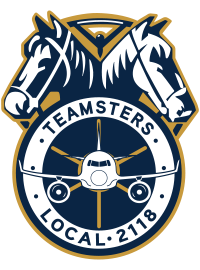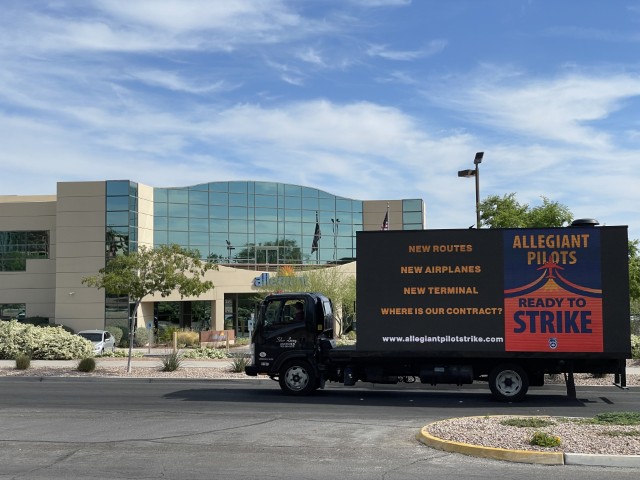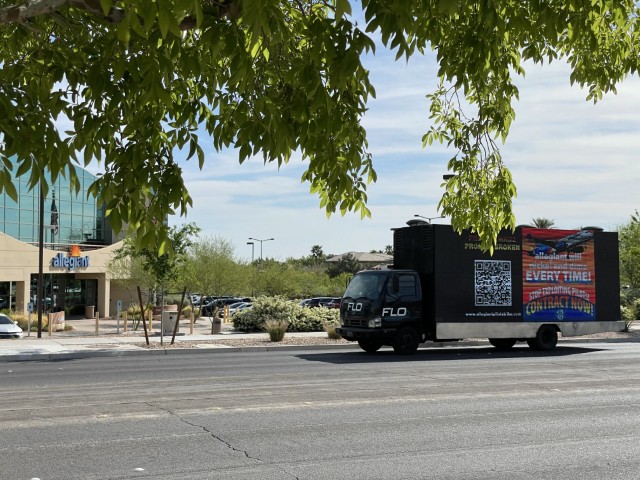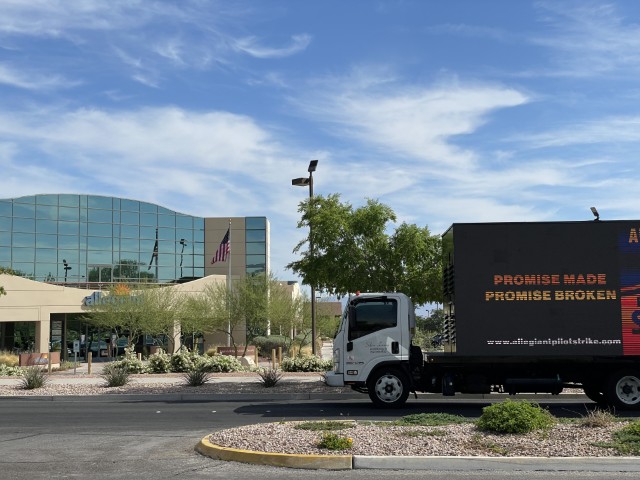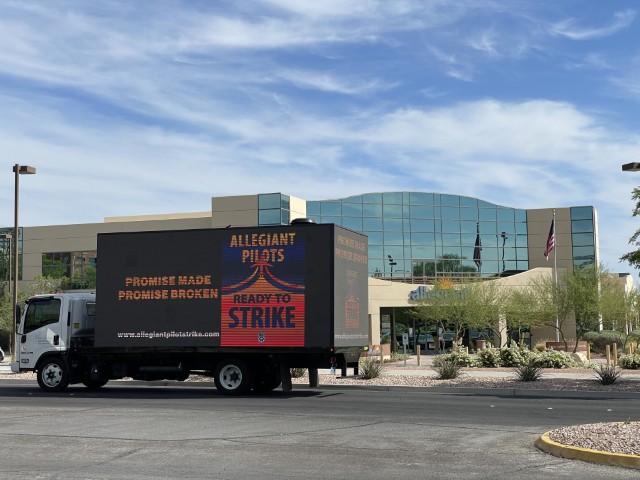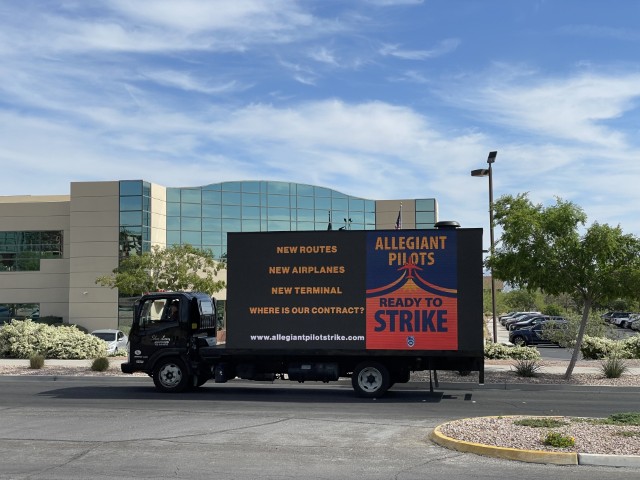Fellow Allegiant Pilots:
The Strategic Preparedness Committee is currently working on our official APA 2118 Strike Preparation Handbook, and we expect this to be released in the near future. This Handbook will be detailed and leave no doubt in your mind as to how you should prepare, exact communications you will receive, and the proper steps to take following a strike. As we finalize this essential guide and as the company continues to delay a new contract, it is imperative that we inform and educate our members about the RLA mediation and strike process in the event an agreement isn’t reached. As a reminder, please reference the NMB flow chart which can be found here. To be clear, we have been more than patient and have given the company every opportunity to offer us a deal that not only values our work but also aligns us with current market expectations.
Please review and become familiar with the following Railway Labor Act (RLA) Basic Terms. Below the terms, please find a generalized process that we would follow in the leadup, execution, and return to work from a strike.
Cooling-Off Period – The mandatory 30-day long period that, by law, must occur after binding arbitration is rejected in which neither party is allowed to exercise self-help (e.g. No strikes, no lockouts, no contract changes). Bargaining, including mediated sessions, can and may still occur during a cooling off period.
Impasse – When the National Mediation Board (NMB) determines that continued mediation is not likely to reach an agreement.
Intermittent/”CHAOS” Strike – Targeted strikes in an unpredictable manner which do not affect the entire airline, but instead may affect certain days, certain flights, certain states, or other specific criteria as planned by your Strategic Preparedness Committee. In a full strike, all APA 2118 pilots shall withdraw services immediately and simultaneously, bringing the operation to a halt. Strikers will remain on strike until a satisfactory agreement is reached.
Lockout – A legal company self-help action where management prevents workers from coming to work or “locks them out.” The company may hire temporary workers (SCABS) during a lockout. Management may attempt to threaten other non-unionized labor groups with a lockout if the pilots strike to put more pressure to return to work.
Mediation – The supervised process, under the jurisdiction of the National Mediation Board (NMB), in which parties attempt to resolve their disputes through the assistance of a mediator. Mediation has no set timeline; however, an Impasse will be declared if mediation is unlikely to lead to a voluntary agreement.
Presidential Emergency Board (PEB) – In instances where a strike may significantly disrupt interstate commerce in a way that deprives part of the country of essential transportation service, the President can stop a strike for up to 60 days. If neither party accepts the PEB’s recommendation after the 60-day period, self-help can be exercised unless congress passes legislation to end the dispute – which is rare. An Allegiant pilot strike would not deprive any section of the country of essential transportation.
Proffer for Binding Arbitration – After an impasse, the NMB must make an offer of binding arbitration to both parties – which can be refused by either party. If accepted by both parties, the arbitrator will decide the contract. If either party declines, the parties are “released” into a 30-day cooling off period.
Replacement Workers – During self-help, the company can hire temporary or permanent replacement workers (SCABS). After a strike is called off and a return-to-work agreement has been ratified, there is no guarantee of continued employment for replacement workers and returning strikers must be returned to their positions per the return-to-work agreement.
SCAB – Any person, regular employee or replacement worker, who put their individual interests ahead of those of the group and crosses a picket line to go to work. SCABS profit from a striker’s hardship by earning wages during a strike and profit after a strike by enjoying the benefits that the strikers earned through yielding their collective economic might.
Self-Help – The legal, economically driven work actions that can be taken by either the company or the Union after a cooling-off period has ended in an attempt to reach an agreement. For the Union, this is typically a Strike. For the company, they may have tools including imposing a new contract (pay, rules, working conditions), hiring replacement workers, or performing a lock out.
Striker’s Rights – No striker, probationary, or otherwise, may be terminated or disciplined in a legal work action such as a strike.
Pilot Preparation
Section 1 – Path to Release and Cooling Off Period
Impasse and Proffer of Arbitration
If the National Mediation Board (NMB) believes that it is unlikely that the parties will reach an agreement through mediation, the parties will receive a proffer of arbitration (aka “proffer”). The proffer is an offer by the NMB to have the remaining open issues settled through an arbitrator’s binding decision instead of a negotiated agreement. If either party rejects binding arbitration, the parties are released into a cooling off period, after which legal work action can be taken.
Continued Negotiation Efforts and “Super Mediation”
During the cooling off period, the parties may continue to bargain with or without the mediator. So-called “super mediation” sessions may be offered by the NMB during those 30 days, in an attempt to reach an agreement quickly to avoid self-help.
Self-Help Actions During Cooling Off
No self-help actions, whether strikes, lockouts, or changing pay or working conditions, may occur before the end of a cooling off period. Do not, under any circumstances, promote, engage in, or suggest any illegal, non-sanctioned work action.
| What You Should Do |
What Management May Do |
| ● Ensure access to apa2118.org works
● Ensure your contact information is correct
● Reconsider large financial purchases
● Determine if your credit cards or other lenders have “union clauses” that provide financial relief during strikes.
● Monitor the apa2118.org forum and SPC communications, which will increase during this time.
● Do not discuss strikes with passengers. |
● Attempt to intimidate or threaten pilots to pressure Union or potentially break a strike.
● Lie or mischaracterize their bargaining positions, the Union’s bargaining positions, or the state of negotiations.
● Attempt to negotiate directly with the pilots and create division.
● Create a negative view of pilots with the flying public.
● Harass compromised pilots in an attempt to create division and distrust. |
Pilot Preparation
Phase 2 – Strike Imminent and/or Strike Called
Before Strike Called
Even if the cooling off period ends, Allegiant pilots are not on strike until a strike is called by Union leadership and pilots are notified by the SPC. It is imperative that pilots monitor communications frequently as a strike may be called at any time after the cooling off period is exhausted. As the cooling off period nears an end, plan accordingly as a strike may be called while you are still out on a trip. This is especially relevant for a day trip airline: pack a bag and be prepared to suspend operations at an outstation.
After Strike Called
In the case of a full strike, once you are notified by the SPC that a strike has been called, you must Immediately cease work and suspend all flight operations. Even if you are in an outstation, you are to respectfully notify the Allegiant team that a strike has been called and that you are exercising your legal right to strike. In the case of an intermittent strike, continue normal operations unless you have been notified by the SPC that your flight, base, state, etc. is on strike. If you have been notified, immediately cease work and suspend all flight operations. In either situation, if you are grounded in an outstation contact your base SPC representative for transportation alternatives.
Do not engage in ANY work action other than the work action authorized by your SPC leadership.
| What You Should Do |
What Management May Do |
| ● Plan for a strike at any time after cooling off period ends, which may occur in an outstation.
● Remove personal property from Allegiant |
● Directly bargain through a comprehensive
“mailer” proposal.
● Unilaterally impose new rates, rules, or working conditions without negotiations in |
| locations as you may be locked out.
● Assume travel benefits will be suspended during a strike.
● Immediately suspend operations if a strike is called.
● Respectfully alert an Allegiant representative that you are on strike.
● Contact your local SPC representative to coordinate alternate travel.
● Participate in pickets and report any SCAB activity to your SPC leadership immediately. |
an attempt to break a strike.
● Harass or threaten pilots regarding their legal right to strike.
● Lockout workers or hire replacement workers (SCABs). |
Pilot Preparation
Phase 3 – Returning to Work
You should not set foot on company property, other than for organized picketing. The strike is not over until after a return-to-work agreement has been negotiated and the SPC leadership has notified you that the strike is over. Once that occurs, all our pilots will return to their equipment and seat and resume normal operations in accordance with the agreement. Once the strike is over, return to work in a safe and professional manner.
We are at a pivotal moment in this process and our UNITY must be our greatest asset and strength. We owe it to our ourselves, our families and the generations of Allegiant pilots before and after us to demand what we deserve. More to follow soon. Fight On and You Are The Union!
In Unity,
Aaron Adrian
SPC Chairman, APA Teamsters Local 2118
